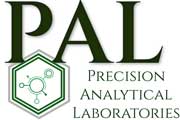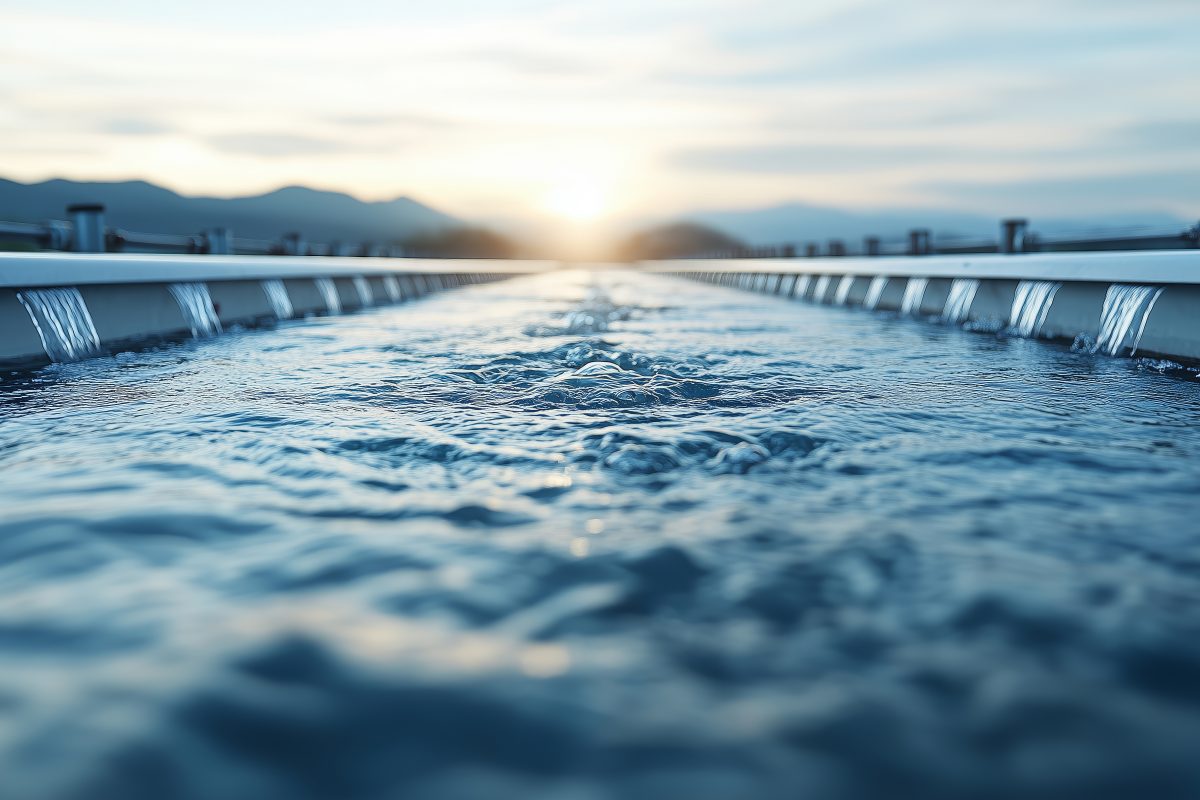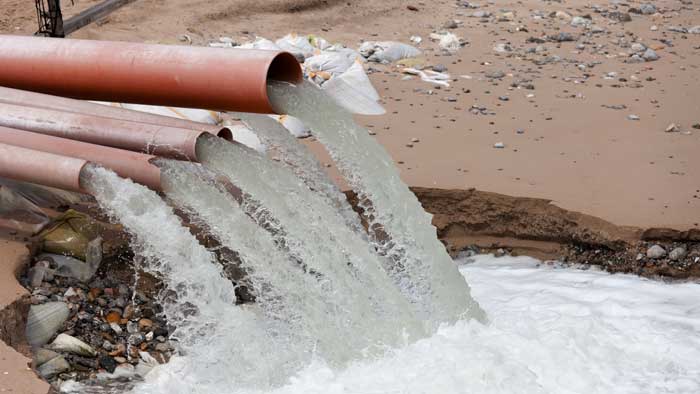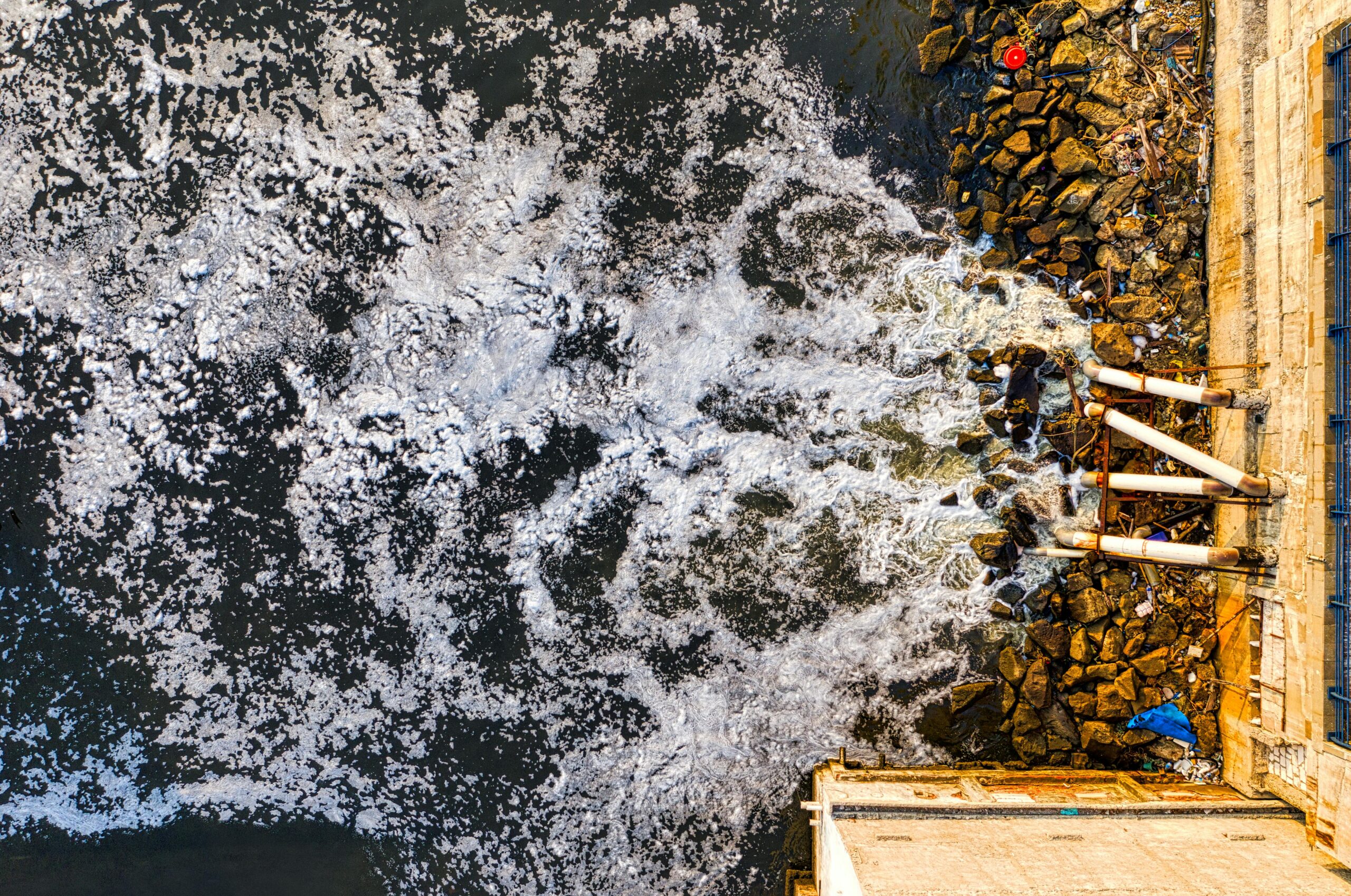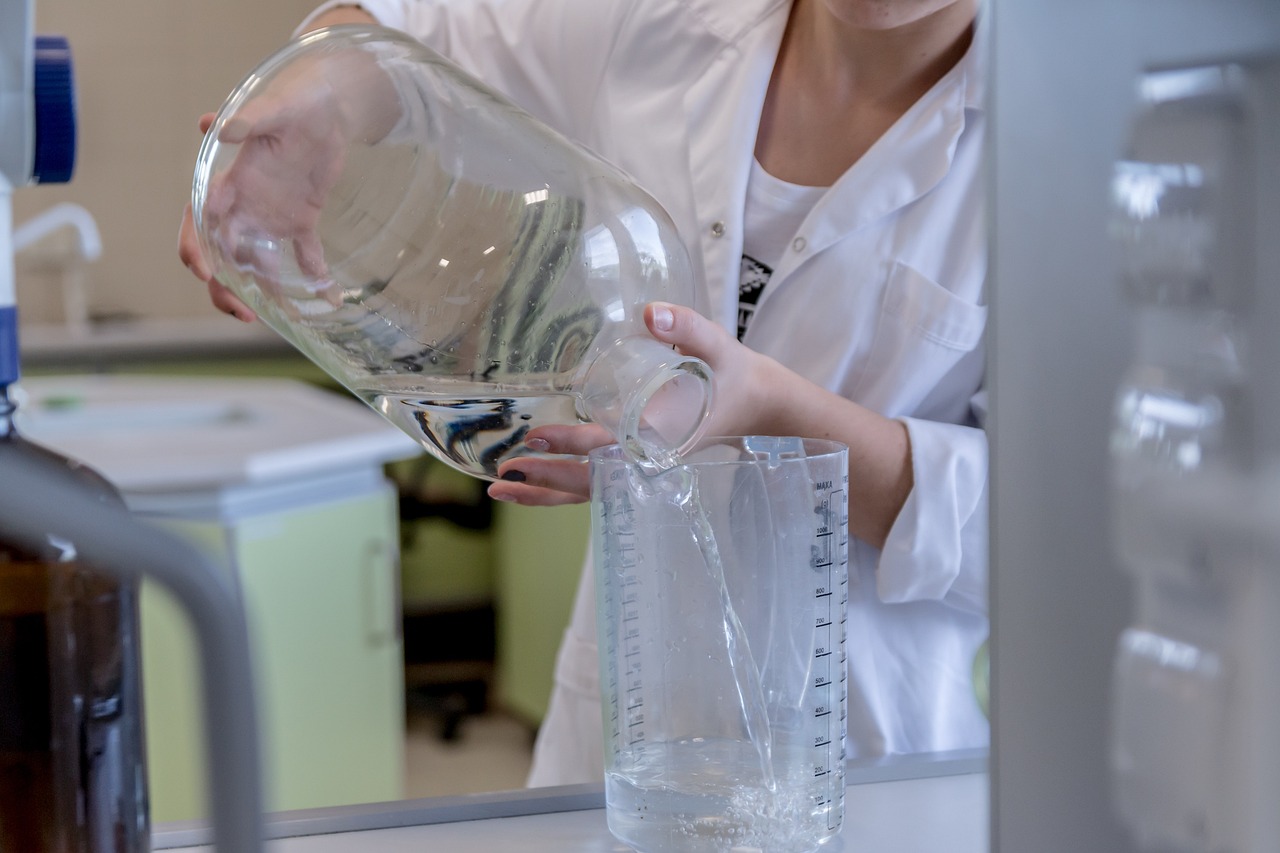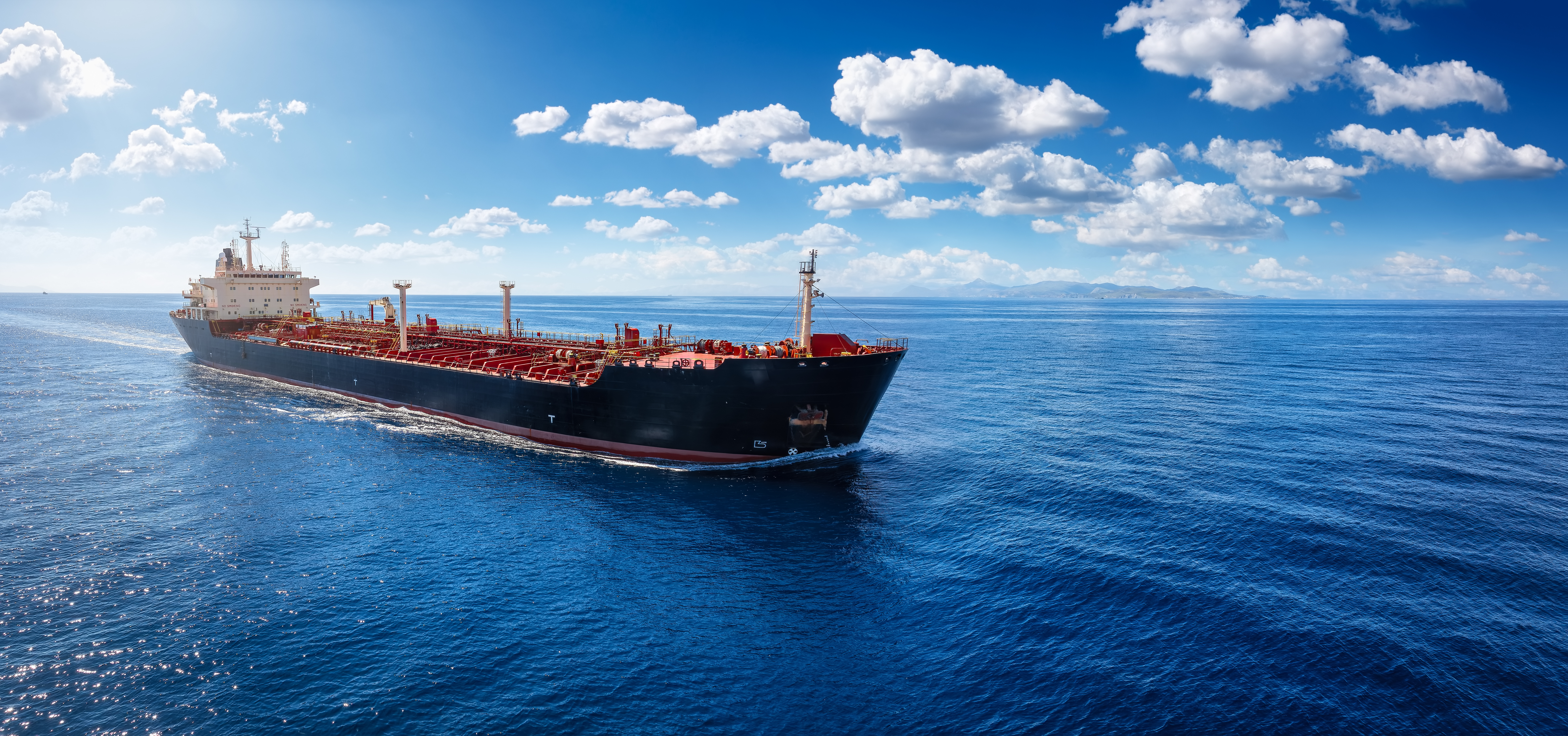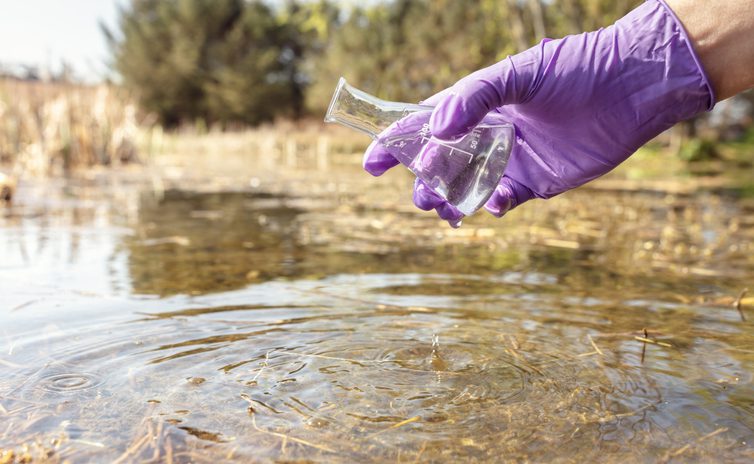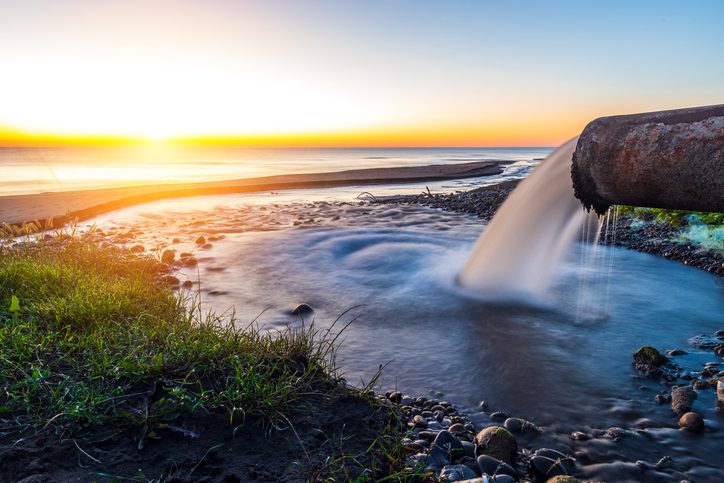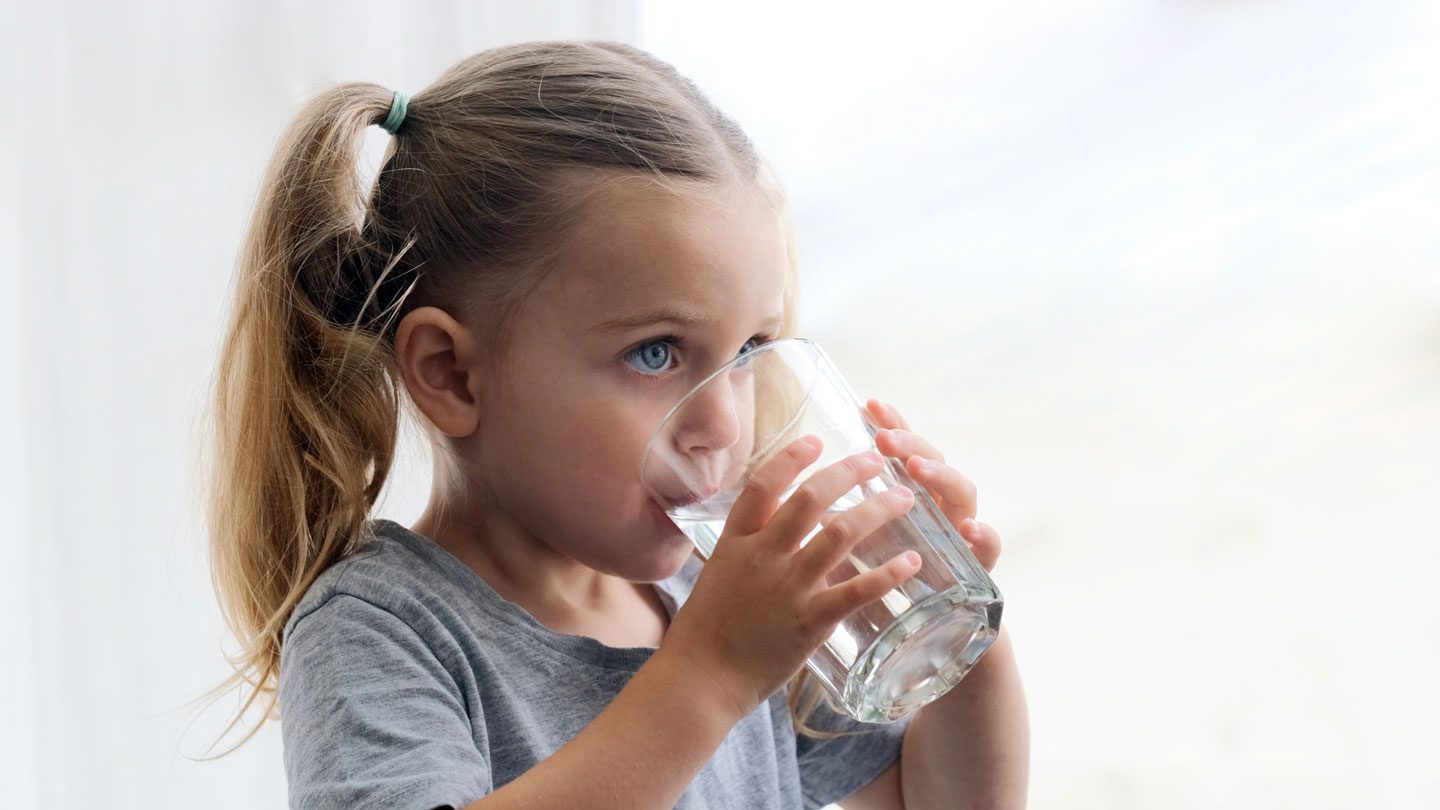As one of the most ecologically diverse states in the U.S., Washington State is home to a stunning coastline, rich marine life, and vibrant waterfront communities. Preserving this natural beauty is not only vital for the environment but also for the economy, particularly industries like tourism, fisheries, and boating. One major area of focus in this conservation effort is the regulation of marine wastewater discharge.
In this article, we’ll explore the ins and outs of marine wastewater regulations in Washington, the types of wastewater involved, responsible discharge practices, and the roles various agencies play in enforcement and compliance.
What is Marine Wastewater?
Marine wastewater refers to any liquid waste that is released into the sea from vessels, offshore facilities, or land-based sources. It includes several types of waste:
- Sewage (blackwater): Human waste from toilets and urinals.
- Graywater: Wastewater from sinks, showers, and laundries.
- Bilge water: Water that collects in the lowest part of a ship and may contain oil, fuel, and other pollutants.
- Ballast water: Water taken on or discharged by ships to maintain stability, which can introduce invasive species.
Each type of waste poses unique threats to marine ecosystems and public health, which is why Washington marine discharge regulations are strictly enforced.
Why Marine Wastewater Regulations Matter
The Puget Sound and Washington’s other marine waters support a wide variety of marine species, including endangered orcas, salmon runs, and delicate eelgrass habitats. Improperly managed marine wastewater discharge can lead to:
- Contamination of shellfish beds
- Spread of pathogens and harmful bacteria
- Eutrophication and oxygen depletion
- Damage to marine flora and fauna
By enforcing strict marine sanitation laws in Washington, state and federal authorities aim to mitigate these risks and ensure long-term sustainability of water resources.
Regulatory Framework Governing Marine Wastewater in Washington
Understanding the legal landscape starts with recognizing the major players:
1. Clean Water Act (CWA)
At the federal level, the Clean Water Act is the cornerstone legislation that governs the discharge of pollutants into U.S. waters. Section 312 of the CWA specifically addresses vessel sewage discharges and authorizes the Environmental Protection Agency (EPA) and states to designate No Discharge Zones (NDZs).
2. Washington State Department of Ecology
The Washington Department of Ecology is the primary agency overseeing water quality in the state. It enforces marine pollution control laws and works with other partners to monitor compliance.
3. United States Coast Guard (USCG)
The USCG is responsible for inspecting vessels and enforcing regulations related to marine sanitation devices (MSDs) on board.
4. Local Governments and Ports
Cities, counties, and port authorities also contribute to regulation and enforcement through local ordinances and pollution prevention programs.
No Discharge Zones (NDZs) in Washington
A major development in recent years was the establishment of Puget Sound as a No Discharge Zone in 2018. This landmark rule prohibits the release of even treated sewage from vessels in Puget Sound and its tributaries.
Key Facts About the Puget Sound NDZ:
- Covers over 2,300 square miles of marine waters
- Applies to both commercial and recreational vessels
- Enforced by both state and federal authorities
This move was driven by the state’s goal to reduce pollution in one of the most ecologically sensitive and economically valuable marine regions in the country.
Marine Sanitation Devices (MSDs) and Vessel Compliance
Vessels operating in Washington waters must comply with marine sanitation device regulations. There are three types of MSDs allowed under U.S. law:
- Type I: Treats and disinfects sewage; suitable for small vessels
- Type II: More advanced treatment; for larger vessels
- Type III: Holds waste in a tank for pump-out at shore facilities
In No Discharge Zones, vessels must secure their MSDs to prevent any discharge. This may involve:
- Closing valves
- Using tank lock-out devices
- Posting NDZ compliance signage
Failure to comply can lead to fines and penalties, especially during Coast Guard inspections.
Pump-Out Facilities and Best Practices
To help boaters comply with marine wastewater discharge rules, Washington has invested in a network of pump-out stations across the state’s marinas and ports.
Boater Resources Include:
- Free or low-cost pump-out stations
- Mobile pump-out services
- Online maps and mobile apps (e.g., Pumpout Washington app)
- Educational outreach and signage at marinas
Best Practices for Boaters:
- Regularly use pump-out services
- Avoid discharging graywater near shorelines
- Keep bilge areas clean and free of oil or chemicals
- Use biodegradable cleaning products on board
- Report illegal dumping
Adhering to these boating wastewater management practices protects marine life and ensures water quality for future generations.
Commercial Vessel Regulations
Commercial vessels, including ferries, cargo ships, and fishing vessels, are subject to stricter oversight under both state and federal law. They must have vessel wastewater treatment systems that meet U.S. Coast Guard certification standards and file regular reports on waste handling and discharge activities.
Required Documentation May Include:
- Sewage discharge logs
- MSD maintenance records
- Evidence of pump-out service usage
Ports may also have specific rules regarding ballast water treatment and discharge, especially to prevent the spread of invasive aquatic species.
Penalties for Non-Compliance
Violations of Washington marine wastewater regulations can result in serious consequences, such as:
- Civil penalties of up to $10,000 per day
- Vessel impoundment or denial of mooring privileges
- Federal criminal charges in extreme cases
The Department of Ecology works with other agencies to monitor activity, investigate complaints, and issue fines when necessary.
Marine Wastewater Education and Outreach
Educating the public, especially boaters and commercial vessel operators, is key to ensuring widespread compliance. Programs such as Pumpout Washington, Clean Marina Washington, and the Washington Sea Grant provide:
- Training workshops
- Onboard inspections and consultations
- Educational brochures and videos
- Grants to marinas for pump-out equipment installation
These programs promote a culture of environmental stewardship on the water and empower stakeholders to protect marine resources.
Future Trends in Marine Wastewater Regulation
As environmental awareness grows and technology advances, expect to see:
- Expansion of No Discharge Zones to additional coastal areas
- Greater emphasis on gray water regulation, which is currently less restricted than sewage
- Increased use of smart waste monitoring systems on vessels
- Tighter controls on offshore industrial discharge
Washington’s progressive environmental stance makes it likely to lead the nation in adopting new marine wastewater protections.
Understanding marine wastewater regulations in Washington is essential for anyone who operates a vessel, manages a marina, or works in marine transportation. From recreational boaters to commercial shippers, every stakeholder plays a part in safeguarding the state’s treasured waters.
By complying with marine discharge laws, utilizing pump-out services, and adopting best practices, we can collectively reduce pollution and ensure cleaner, healthier marine environments for generations to come.
For more detailed guidance, always refer to the Washington Department of Ecology’s marine wastewater guidelines, check for updates on No Discharge Zones, and take advantage of available resources to stay compliant and informed.
At Precision Analytical Laboratories, we specialize in providing accurate and compliant testing services for marine wastewater and other environmental samples across Washington State. Our team understands the complexities of marine discharge regulations and works closely with vessel owners, port authorities, and regulatory agencies to ensure all wastewater testing meets strict environmental standards. With advanced technology and a deep commitment to protecting our waterways, we deliver fast, reliable results you can count on. Trust Precision Analytical Laboratories to help you stay compliant and safeguard our marine ecosystems—one test at a time.
